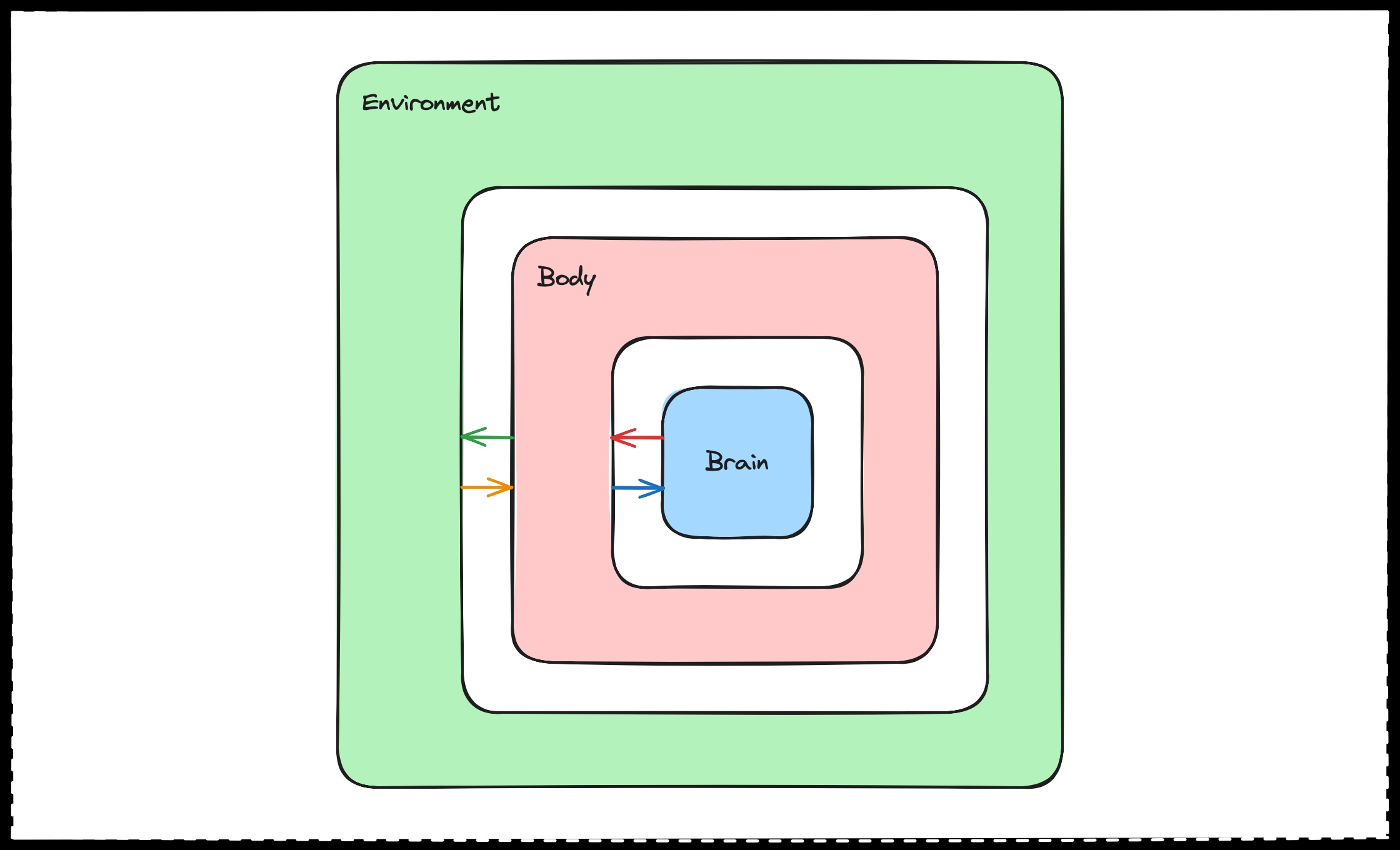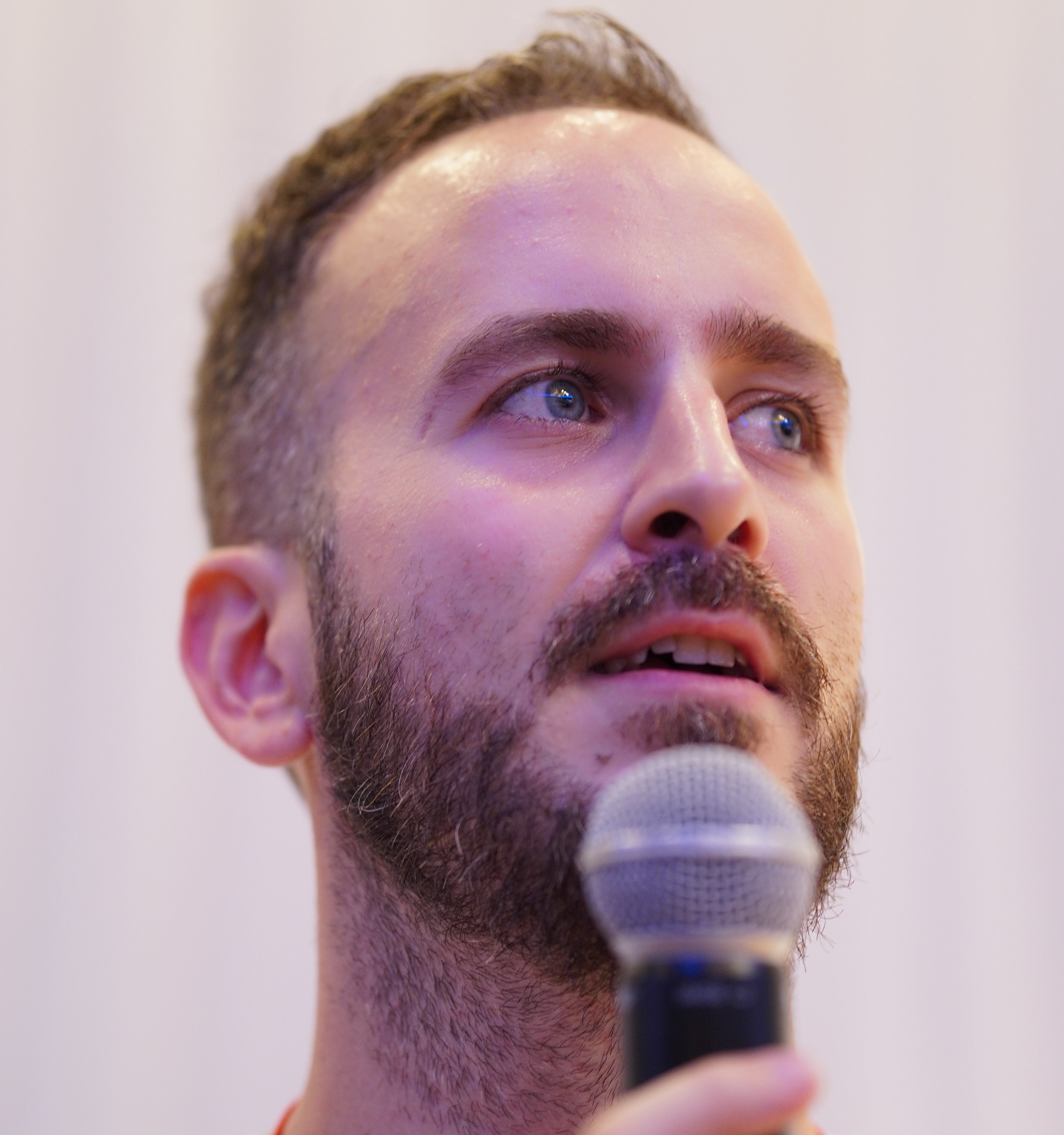Agents and agency
Projects | | Links:

How do we go from “simple physics” to agency?
Agency is a central aspect of both life and cognitive sciences. Agents are generally understood as systems autonomously acting with a purpose, to achieve certain goals in an environment. Agents in biology are living organisms acting with the goals to self-sustain and maintain their own individual identity over time. In cognitive science, agents act and make purposeful decisions using internal models of the world, as opposed to reactive systems merely following physical laws. In AI and reinforcement learning, agents can learn and adapt to different environments, maximising a reward function encoding their goals. While central to these and other fields, no widely accepted formal definitions of agency and purpose can be found in the literature.
Agency is usually associated with folk-psychological constructs of systems ``with the ability to take an action’’, without however clarifying what actions are in the first place: is a ball taking an action when it falls to the ground? If someone bounces a ball on a basketball court instead, is that an action? Goals and purpose are often assumed to simply exist, often not specifying for example whether they should be seen as intrinsic or extrinsic properties of a system: do systems have a purpose of their own, or is purpose a property attributed by an observer looking at a system? Can the same system possess different goals depending on who looks at it? To answer these and other related questions, we are building a framework based on a flavour of categorical systems theory, see
A couple of works are lined up with Martin Biehl, Nathaniel Virgo and Matteo Capucci. For more background on agency, see these lectures I gave for the CHAIN Winter School on Minimal Cognition and Agency, Hokkaido University, Sapporo, Japan - Feb 2023
